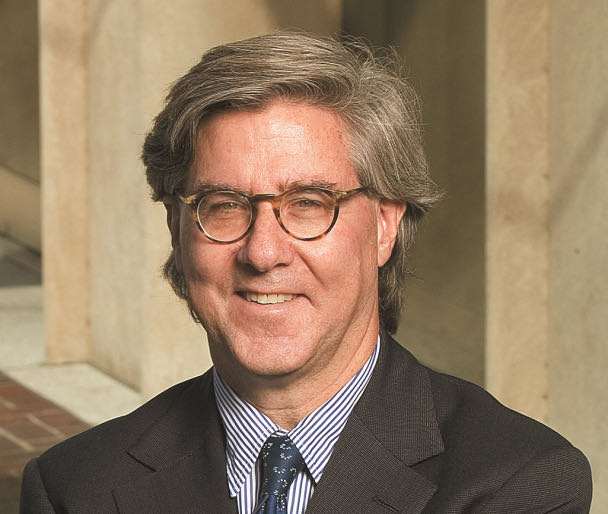 Multimedia
Multimedia
27
Dec

On Tuesday, the 2023 China-US Public Diplomacy Summit took place in Beijing, with participation from over 40 experts. The event was co-hosted by Renmin University of China, China Public Diplomacy Association, and China Daily. Here are highlights from the speech delivered by John Thornton, co-chair of the Board of Trustees of the Asia Society, chair emeritus of the Brookings Institution.
Every major global issue: climate change, the impact of pandemics, the consequences of economic poverty, the conditions which breed terrorists, the lethal combination of new kinds of technology creating increasingly deadly weapons ending up in the wrong hands — these and many more — all of these become worse and more dangerous in the world. While every person in the world knows that 100 percent of the world's global problems will be solved faster or managed better if the world's two leading countries, the US and China work together.
China has put a lot of efforts into articulating its vision of the world it wishes to see in the future. It has also invited all other civilizations and countries to do the same — to join in a collective effort to reach a consensus on what we all wish to create as our world in the future. I applaud and admire this effort. I would like to see the US articulate its view of the world it wishes to see in the future. The two countries should engage in a discussion on this topic that one hopes would lead to a mutual shared view of what the two countries are trying to achieve.
To do this successfully they should do as follows. To begin with, they must engage with one another in a manner that is consistent with the world in which we now all live in the 21st century. Both sides must approach one another with humility, curiosity, understanding and respect if not empathy. Leadership in the 21st century demands it.
It means the two presidents as well as their key people must change their behavior and communicate with one another with much greater frequency, including seeing one another in person as many times per year as possible. It is only through much greater frequency, intensity and depth of engagement that the people on both sides can know one another well enough to give them the knowledge they need to minimize the chances of making mistakes and maximize the chances of making informed, nuanced judgments.
Besides, both sides must use words that the other side will hear. A famous American political pollster and adviser, Frank Luntz, reminded me that it is not what you say that matters. It is what your listener hears that matters.